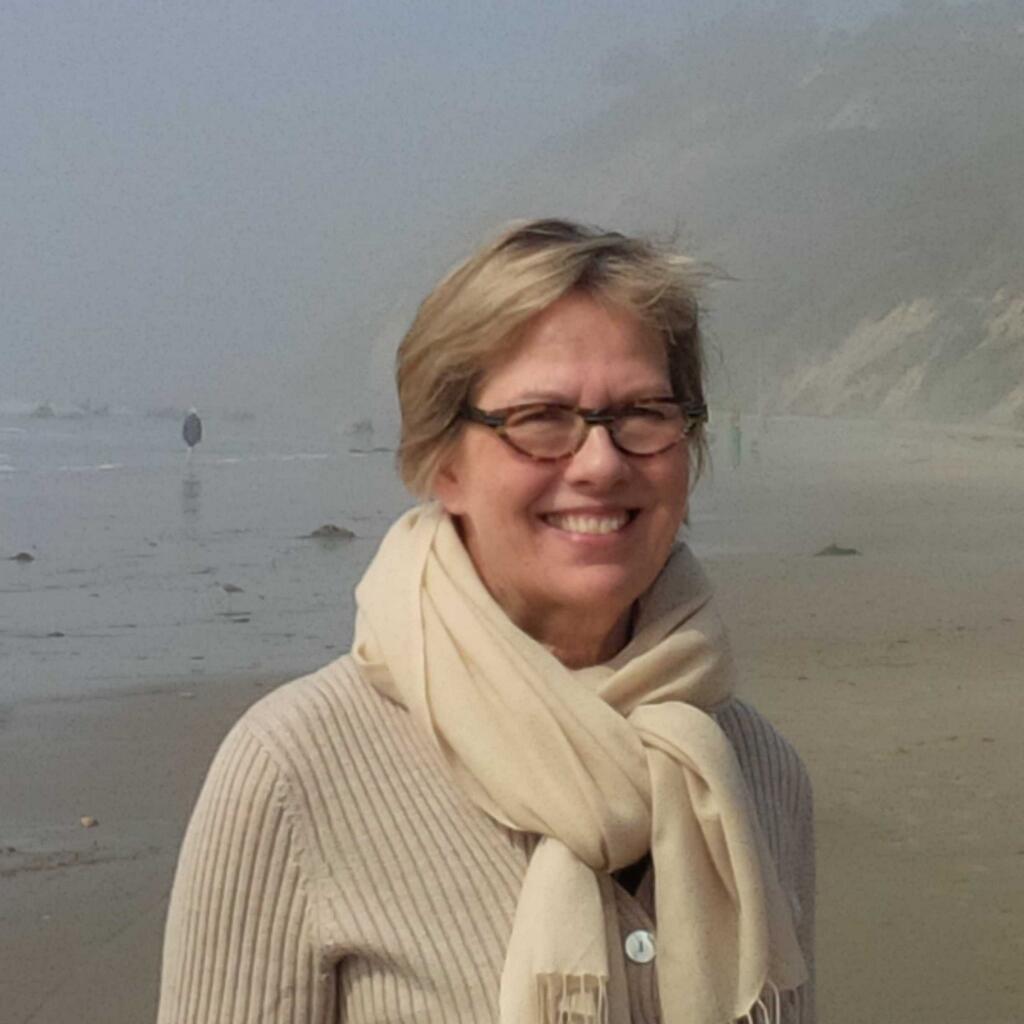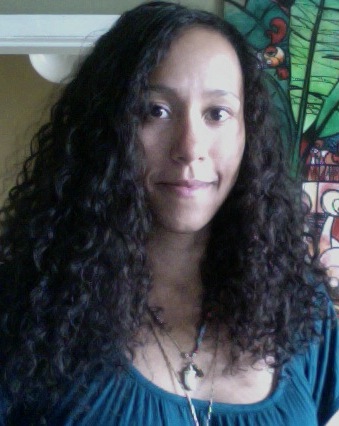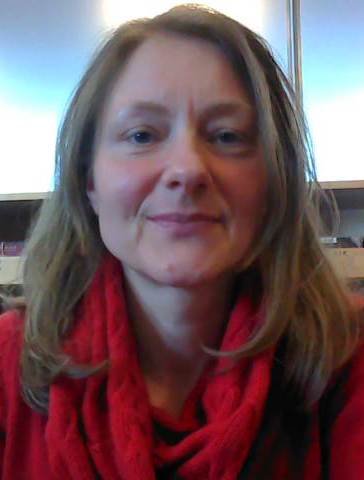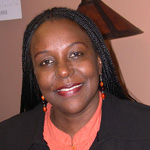September 24 – October 8, 2015
The Refugee Law Initiative (School of Advanced Study, University of London) and the Center for International Criminal Justice (VU University Amsterdam, Netherlands) are interested in discussing how States respond to the issue of excluded asylum seekers and other migrants who are suspected of serious criminality but cannot be removed from a host state. This ‘unremovability’ may be due to practical obstacles such as the lack of means to send the person to their country of origin, or legal impediments such as where human rights standards prevent removal (attempts to extradite alleged Rwandan genocidaires and the long-running saga over the removal of Abu Qatada from the UK are cases in point). The range of measures adopted by different countries suggests that States do not know how to respond effectively to this issue.
Key questions we’re interested in discussing include:
- What is the scale of the problem of unreturnable migrants/asylum seekers suspected of serious criminality? Which (new) groups of persons are likely to be most affected in the coming years?
- How can States effectively address the need to ensure the integrity of the international refugee regime by not providing safe haven to the perpetrators of serious crimes, while adhering to their international human rights obligations? Are instruments such as Memoranda of Understanding or host-country prosecution effective ways to balance these competing objectives?
- Can the ‘legal limbo’ in which such unreturnable persons find themselves be addressed and their situation resolved one way or the other? What approaches do or should States adopt when faced with (criminal) migrants and asylum seekers that cannot be removed for an indefinite period of time?
- What are the human costs of the current lack of an effective response to the issue of unreturnable migrants? How can the human rights of those so at the edges of protection be ensured?
This discussion builds on a one-day preliminary workshop held at VU University Amsterdam in March 2015. Please click here for further details of the workshop and a selection of the papers that were presented. An international Conference on this topic will be held at the School of Advanced Study, University of London, in January 2016. The Call for Papers is available here.
(The ‘Undesirable and Unreturnable?’ project is funded by the Arts and Humanities Research Council)
Contributors:
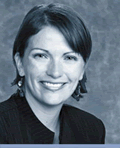 Jennifer Bond, Assistant Professor, co-director of the Refugee Assistance Project, Faculty Director of the Ottawa Refugee Hub and Refugee Law Research Team (RLRT) and member of the Public Law Group, Faculty of Law, University of OttawaIntroductory Comments Jennifer Bond, Assistant Professor, co-director of the Refugee Assistance Project, Faculty Director of the Ottawa Refugee Hub and Refugee Law Research Team (RLRT) and member of the Public Law Group, Faculty of Law, University of OttawaIntroductory Comments |
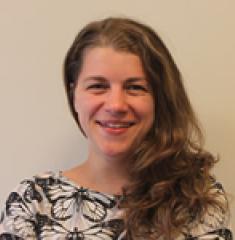 Sarah Singer, Lecturer in International Human Rights Law, Director of the MA in Refugee Protection and Forced Migration Studies, Refugee Law Initiative, School of Advanced Study, University of London Sarah Singer, Lecturer in International Human Rights Law, Director of the MA in Refugee Protection and Forced Migration Studies, Refugee Law Initiative, School of Advanced Study, University of London
|
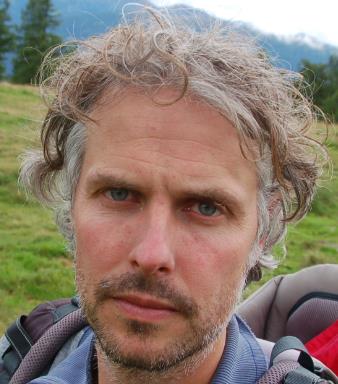 Joris van Wijk, Associate Professor of Criminology, Executive director Center for International Criminal Justice (CICJ), VU University Amsterdam Joris van Wijk, Associate Professor of Criminology, Executive director Center for International Criminal Justice (CICJ), VU University Amsterdam |

